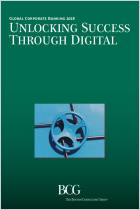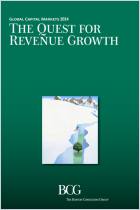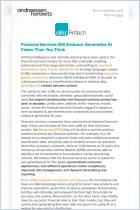
Recommendation
Business leaders must plan for the disruptive impact of generative AI on customer service, explain the authors of a new research paper from Boston Consulting Group. While large language models (LLMs) have the potential to improve customer satisfaction and enhance productivity, businesses must also navigate a slew of challenges, including machine bias and inaccuracies. Glean valuable insights into how organizations are transforming their customer service offerings, while taking steps to protect themselves from the unpredictable aspects of this rapidly evolving technology.
Summary
About the Authors
Simon Bamberger is a Los Angeles-based managing director and partner. Nicholas Clark is a London-based partner and associate director of service and support operations. Sukand Ramachandran is a London-based managing director and senior partner. Veronika Sokolova is a London-based project leader. All are professionals with the Boston Consulting Group.



















Comment on this summary